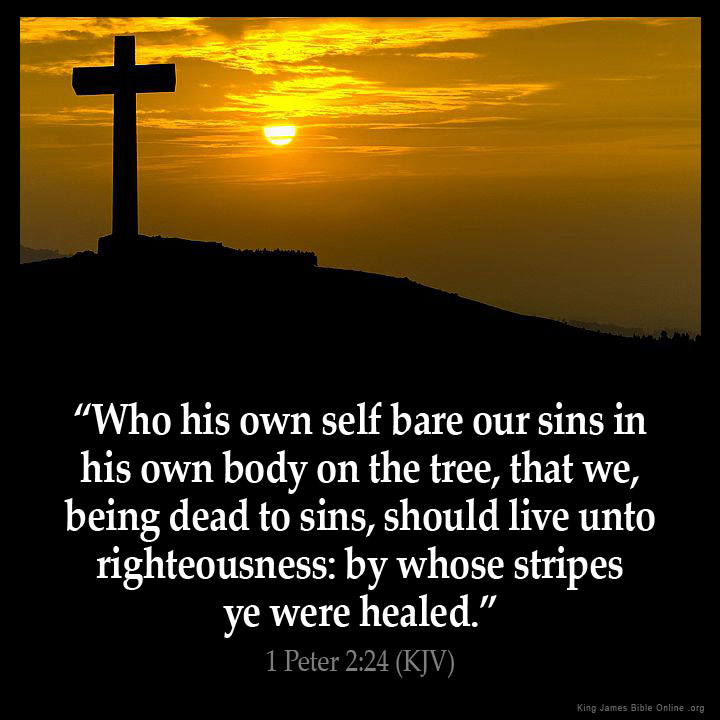Although the Savior’s death on the cross is central to his gospel, for some it was a stumblingblock. To the Corinthians, Paul wrote, “We preach Christ crucified, unto the Jews a stumblingblock” (1 Corinthians 1:23). The Greek word translated as “stumblingblock” in this passage is skandalon – you do not need to read Greek to recognize this as the root word of the English word “scandal.” Christ’s Crucifixion was a stumblingblock, or viewed as scandalous by many Jewish people. Why?
Some Jews of course would have been familiar with these words from Deuteronomy 21:22–23: “If a man have committed a sin worthy of death, and he be to be put to death, and thou hang him on a tree…he that is hanged is accursed of God.” Imagine being an early Christian missionary, telling Jewish people about the Savior. “Have you heard about Jesus Christ?” You might ask. “He worked miracles, taught with power, and died for our sins on cross.”
“What?” your listeners respond. “He was hanged on a tree? He must be cursed!” It’s easy to see how Peter’s message that Christ “bare our sins in his own body on the tree” (1 Peter 2:24) could cause a scandal among Jewish listeners.

In his epistle to the Galatians, Paul directly acknowledged the curse place upon those who were hung on a tree and contrasted it with the curse upon all humanity. He acknowledge that, “Cursed is every one that continueth not in all things which are written in the book of the law” (Galatians 3:10, compare Deuteronomy 28:15). In other words, we are all cursed, because nobody perfectly does “all things which are written in the book of the law.”
But, Paul continued, “Christ hath redeemed us from the curse of the law, being made a curse for us: for it is written, Cursed is every one that hangeth on a tree” (Galatians 3:13, compare Deuteronomy 21:23). Christ’s curse on the cross sets us free of the curse upon us for not fully living the law. Thus the scandal of the cross liberates us from the shame of sin.
Christ’s Crucifixion was not only a stumblingblock for Jews; in fact, the Greeks also found it difficult to understand the message of crucifixion. Paul wrote, “We preach Christ crucified…[which is] unto the Greeks foolishness” (1 Corinthians 1:22-23). In their culturally refined society, the Greeks found the idea of worshipping a being who shamefully died on the cross ludicrous. Greeks contemplating converting to Christianity would have to trade in their immortal powerful Gods, for one who died a shameful death of the sort that was not even discussed in polite society. “Are you serious?” Greeks might say. “Your God died the death of a common criminal? Rome is more powerful than your God, why would I worship him? This is foolishness!”
Even though the message of Christ’s Crucifixion was hard for people to understand, Paul continued to emphasize it. He wrote, “Christ sent me…to preach the gospel: not with wisdom of words, lest the cross of Christ should be made of none effect. For the preaching of the cross is to them that perish foolishness; but unto us which are saved it is the power of God” (1 Corinthians 1:17-18).







